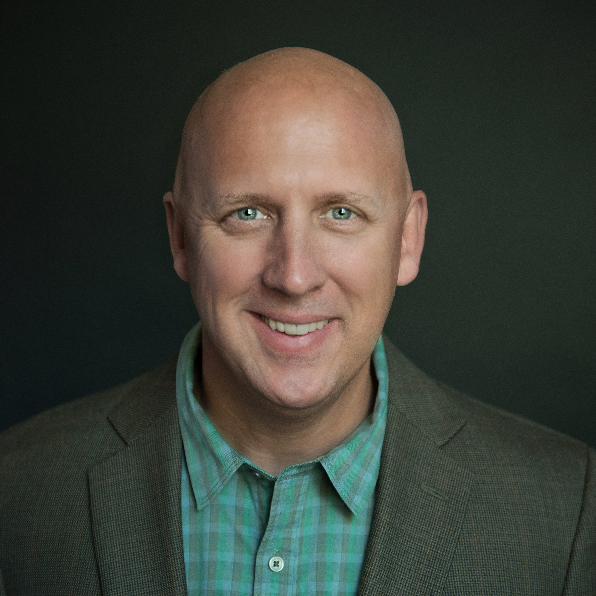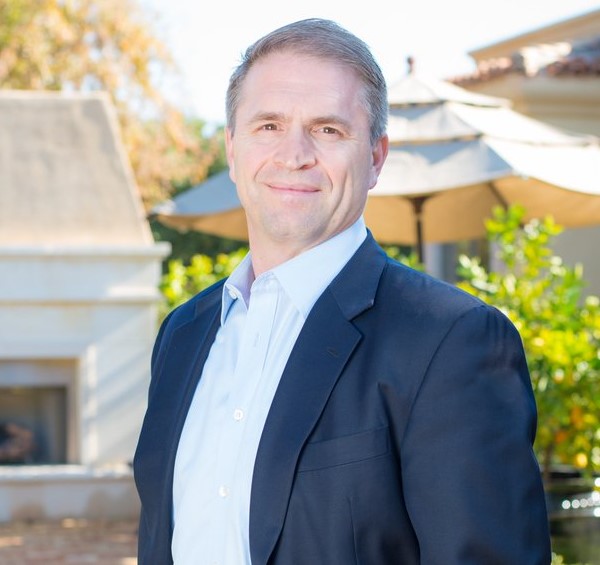Later this month some of the brightest minds in health care tech will be gathering at Arizona State University’s Downtown Phoenix campus for Hacking the Human: Digital Healthcare Solutions Conference and Health Expo.
Hosted by the Health Entrepreneurship Accelerator Lab or, HEALab at ASU’s College of Nursing and Health Innovation in collaboration with ASU Entrepreneurship and Innovation, this conference will be anything but traditional. From speakers to tech demos and a student research exhibition, there is a lot on tap for this one-day event.
To help break it all down, we enlisted a few of the key players including:
- Rick Hall, director of Health Innovation Programs, clinical professor, director of the HEALab and presenter.
- James Bates, CEO AdviNow Medical and presenter.
- Joe Hitt, CEO GoX Studios, Army veteran, ASU graduate and presenter.
Editor’s note: Responses have been edited for length and clarity.
Question: Who should attend this conference and why?
Rick Hall: This conference is designed to include ASU students, faculty and community members. While many of our attendees are coming from ASU, about half of the participants are coming from health technology companies and medical care organizations. The doors are open to anyone interested in health innovation and technology.
Q: Tell us a little bit about what you’ll be presenting and demoing at the conference?
Rick Hall
James Bates: Health care is in crisis. Everyone is unhappy. Patients, doctors and hospitals. Automation is the only way to create a scalable medical system. AdviNow will be presenting the world’s first fully automated medical visit and why it works! We will be demoing the platform for students to see.
Joe Hitt: I will be talking about wearable robotics, wearable sensors and human performance. I’m hoping my presentation will show people that wearable robotics will be transformative. A small amount of technology layered in the right place and in the right way can augment human performance in amazing ways.
Q: Is there something you’re really looking forward to at the event?
Bates: I am excited to be connected to ASU and participate in the HEALab. Creating a deeper engagement with students and faculty is going to be fantastic.
James Bates
Hitt: I am looking forward to meeting with and hopefully inspiring students from health and human sciences to consider working in my field. We need them in wearable robotics! Engineers can’t do it alone, not with technology that is intimately attached to the human body.
Q: How important is it for CONHI/ASU to not only be participating but leading these health innovation and solutions conversations?
Hall: Technology is disrupting health care in exciting ways, and the pace of change is accelerating. ASU leads the nation in innovation and the College of Nursing and Health Innovation is a leader in innovative health care education. We have the first and largest Master in Healthcare Innovation program in the country and the first and only Bachelor of Science in health entrepreneurship and innovation. Our students are the future leaders in health care delivery and technology.
Bates: No one invents in a vacuum. The only way to move forward quickly to define the future is to meet and collaborate. ASU is doing a fantastic job taking the lead to make this happen.
Joe Hitt
Hitt: Hacking the Human serves an important purpose given the ever-increasing need. The most efficient way to do this is to bring the brightest and best from different points of view to tackle it. I am especially excited to hear from the students as they won’t be weighed down by conventional wisdom and they embrace what’s new and different.
Hacking the Human: Digital Healthcare Solutions Conference and Health Expo
When: 10 a.m.–4 p.m. Friday, Nov. 30, 2018.
Where: A.E. England Building, ASU Downtown Phoenix campus.
Details: ASU students, staff and faculty free with registration. $25 for the general public. Registration required.
More Science and technology

ASU technical innovation enables more reliable and less expensive electricity
Growing demand for electricity is pushing the energy sector to innovate faster and deploy more resources to keep the lights on…

What do a spacecraft, a skeleton and an asteroid have in common? This ASU professor
NASA’s Lucy spacecraft will probe an asteroid as it flys by it on Sunday — one with a connection to the mission name.The asteroid…

Hack like you 'meme' it
What do pepperoni pizza, cat memes and an online dojo have in common?It turns out, these are all essential elements of a great…





